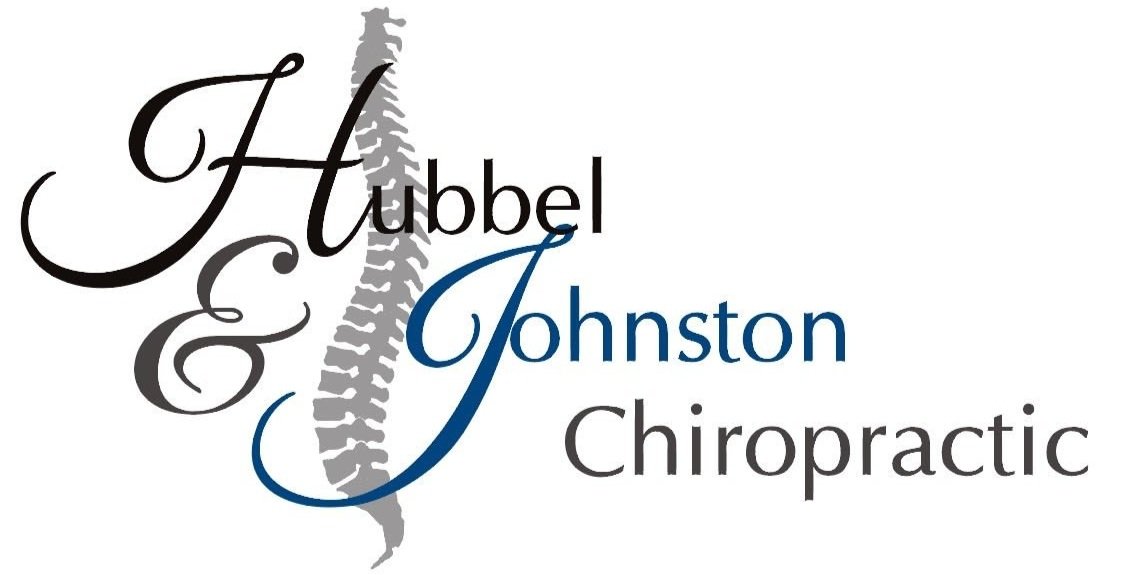May 2025 & Menopause
Updates
Hello Spring! We enjoy seeing more and more people outside keeping active and catching some much needed sunshine after the long, cold winter. This is the time of year we can focus on new beginnings. Spring is a time for new growth and development, in nature, and within ourselves. What are some seeds you are looking forward to planting in your own life?
Did you know our office is one of the safest places you can be in town… we are ALL recently re-certified in Standard First Aid and CPR-C, so we are able to help people of all ages. We also have an AED (defibrillator) in our clinic and are well equipped for any emergency scenario that may occur, although we hope to never use these skills! We were lucky to take part of our course outside with our fantastic instructor Pablo of Canada CPR.
Upcoming this month: Carolyn’s birthday is on Monday, May 5. We will be closed Monday, May 19 for the Victoria Day long weekend.
Our team will be attending the Cornerstone Family Violence Prevention Centre’s Women’s Day Luncheon on May 15th. This year, the guest speaker is Fallon Farinacci, who is a proud Red River Métis, survivor and advocate for Missing and Murdered Indigenous Women and Girls. This will be the third year our whole team has attended this event, and this year, both Karen Johnston and Deb Leguard (mothers of Drs J and L) will be in attendance too! This is one of the many local organizations we support and one of our team’s favourite events as it empowers women and allows us to give back to our community. We will be closed Monday May 19 for the Victoria Day long weekend.
Musculoskeletal Changes in Menopause
What is menopause?
Menopause is the permanent cessation of menstrual periods. It's typically defined as 12 consecutive months without a menstrual period. This marks the point where a woman's ovaries stop releasing eggs and producing reproductive hormones, like estrogen and progesterone. Bloodwork isn’t necessary to diagnose menopause.
Perimenopause is the transition into menopause. Early perimenopause is when your period starts 7 days early or late for 10 months in a year. Late perimenopause is 60 days without a period.
Estrogen is known as a key reproductive hormone, but is also responsible for bone, muscle and cardiovascular health, mood and brain function, metabolism and skin and hair health. It also has natural anti-inflammatory properties. As estrogen decreases, there are significant effects on our bodies. Women’s bones will become more brittle, tendons lose their elasticity, they can develop chronic inflammation, hair and skin changes, mood changes, increase in belly fat due to decreased glucose metabolism.
Interestingly, there are a few specific musculoskeletal conditions that are related to such hormone changes that we see in many of our patients. In fact, more than 70% of women will experience such musculoskeletal symptoms, and 25% will be disabled by them. These often include:
Adhesive Capsulitis aka “Frozen Shoulder”, where the joint capsule around the shoulder starts to “adhere” to the joint. This leads to painful, restricted movement of the shoulder that is suspected to be related to estrogen changes.
Gluteal Tendinopathy, which often presents as pain around the hip joint and is often misdiagnosed as hip osteoarthritis.
Plantar foot pain, due to tendon integrity changes in one of the deep calf muscles called tibialis posterior. This is often misdiagnosed as plantar fasciitis.
Bone density changes, which can present as compression or stress fractures after a fall or overuse. This is more common after menopause.
Loss of muscle mass, due to decreases in estrogen production.
Managing these conditions with a multidisciplinary healthcare team, including chiropractors, is your best option. We often will refer our patients to see their GP, pelvic floor physiotherapist, and naturopath in conjunction with our care.
There is good research about strength training in women - improving muscular, tendon and bone integrity and reducing menopause related symptoms (like hot flashes!). It is NEVER too late to start strength training! Start walking, yoga or pilates, strength training with weights. It is optimal to start this routine in your twenties or thirties, but it is never too late to start. Other great research regarding natural anti-inflammatories, hormone management (with your GP), and diet changes all work together to help manage this transition.
Drs. Johnston and Leguard recently took a course on “Women’s Health Through the Lifespan” at their alma matter, the Canadian Memorial Chiropractic College (see picture!) and are excited to talk about menopause with you. :)
References:
Lu CB, Liu PF, Zhou YS, Meng FC, Qiao TY, Yang XJ, Li XY, Xue Q, Xu H, Liu Y, Han Y, Zhang Y. Musculoskeletal Pain during the Menopausal Transition: A Systematic Review and Meta-Analysis. Neural Plast. 2020 Nov 25;2020:8842110. doi: 10.1155/2020/8842110. PMID: 33299396; PMCID: PMC7710408.
Wright VJ, Schwartzman JD, Itinoche R, Wittstein J. The musculoskeletal syndrome of menopause. Climacteric. 2024 Oct;27(5):466-472. doi: 10.1080/13697137.2024.2380363. Epub 2024 Jul 30. PMID: 39077777.





